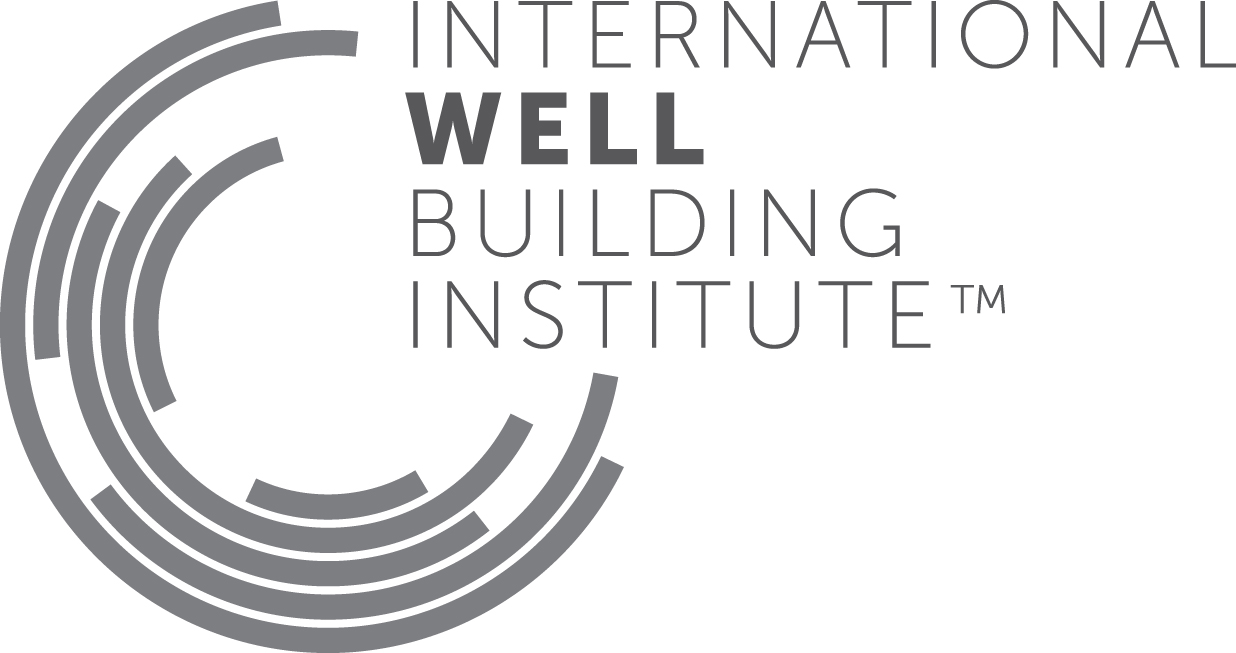Well Tip: Understanding the Comparison Between Well V1 and Well V2 Pilot

Are you working on a WELL v1 project and wondering how your team can best utilize the new version of WELL? Are you eager to register your project, but would like to first understand the feature comparison between WELL v1 and the WELL Building Standard version 2 pilot: (WELL v2)?
We have launched a new comparison tool to help you explore the changes between v1 and v2. To help you evaluate both versions further and determine key similarities and differences, our team has compared WELL v1 and WELL v2 in four core areas:
- Concepts – General overview of changes in each concept
- Rules – Insights on how some of the procedural changes in v2 could impact a project
- Registration – Thoughts on elements of v2 that could be important to consider when selecting which version better supports the project’s goals
- Features – Guidance on the mapping tool and other useful resources during your review
CONCEPTS COMPARISON
How do the concepts compare between WELL v1 and WELL v2?
The WELL Building Standard version 2 pilot: (WELL v2) has expanded upon the foundation created by WELL v1. WELL v2 is comprised of 112 features within 10 concepts: Air, Water, Nourishment, Light, Movement, Thermal Comfort, Sound, Materials, Mind and Community.
The image above gives a quick overview of the total number of features for each of the 10 concepts, and you can learn more about specific features using our downloadable comparison tool.
To read the full article, visit wellcertified.com.
About IWBI
The International WELL Building Institute (IWBI) is leading the global movement to transform our buildings and communities in ways that help people thrive. The WELL v2 pilot is a recently launched version of its popular WELL Building Standard, which will continue to be offered to the market, and the WELL Community Standard pilot, a district scale rating system that sets a new global benchmark for healthy communities. WELL is focused exclusively on the ways that buildings and communities, and everything in them, can improve our comfort, drive better choices, and generally enhance, not compromise, our health and wellness. IWBI convenes and mobilizes the wellness community through management of the WELL AP credential, the pursuit of applicable research, the development of educational resources, and advocacy for policies that promote health and wellness everywhere.

